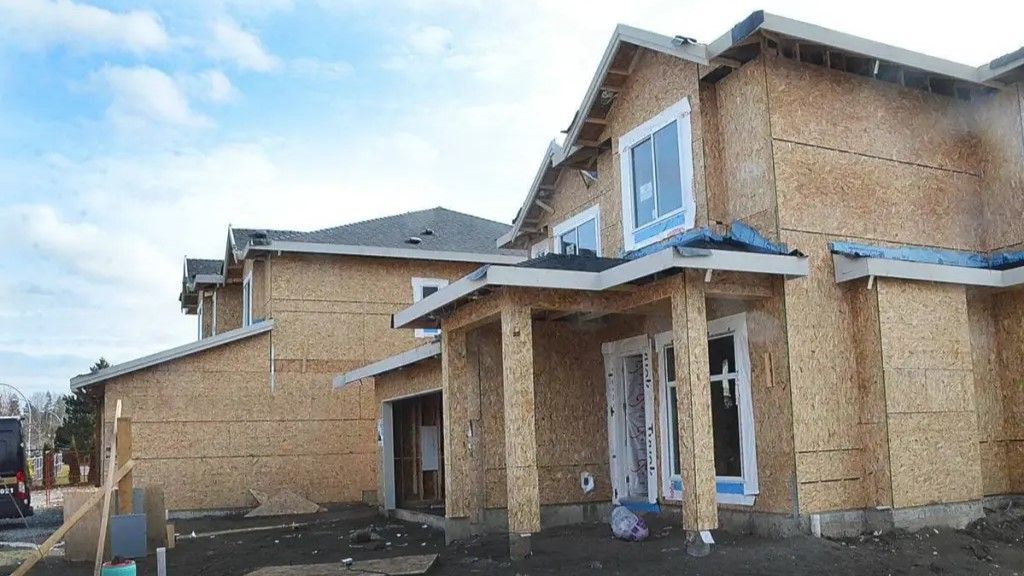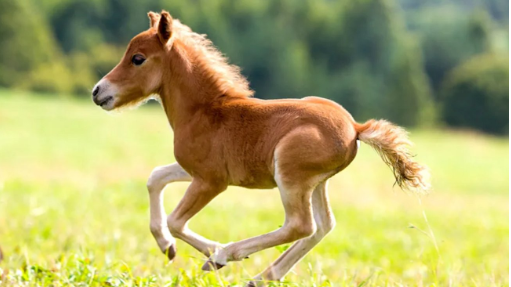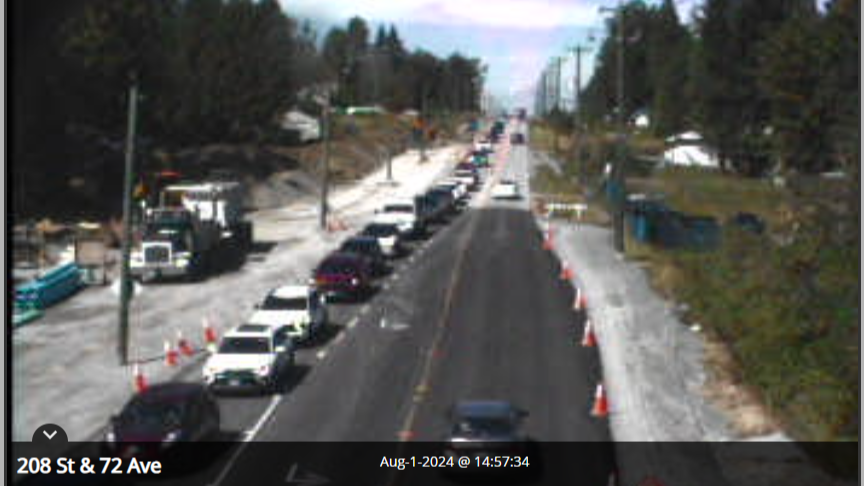Langley Home to Mystery Ducklings
Tom Ireland • November 24, 2016
Nearly 200 ducklings that were found at the roadside in Abbotsford are now living on a South Langley farm. The post Langley Home to Mystery Ducklings appeared first on Andy Schildhorn, PREC.
Nearly 200 ducklings that were found at the roadside in Abbotsford are now living on a South Langley farm. Originally collected by the Abbotsford SPCA, the ducklings had to be relocated as that organization didn’t have sufficient facilities. Learn more about the ducklings on the Langley Advance.
The post Langley Home to Mystery Ducklings appeared first on Andy Schildhorn, PREC.







